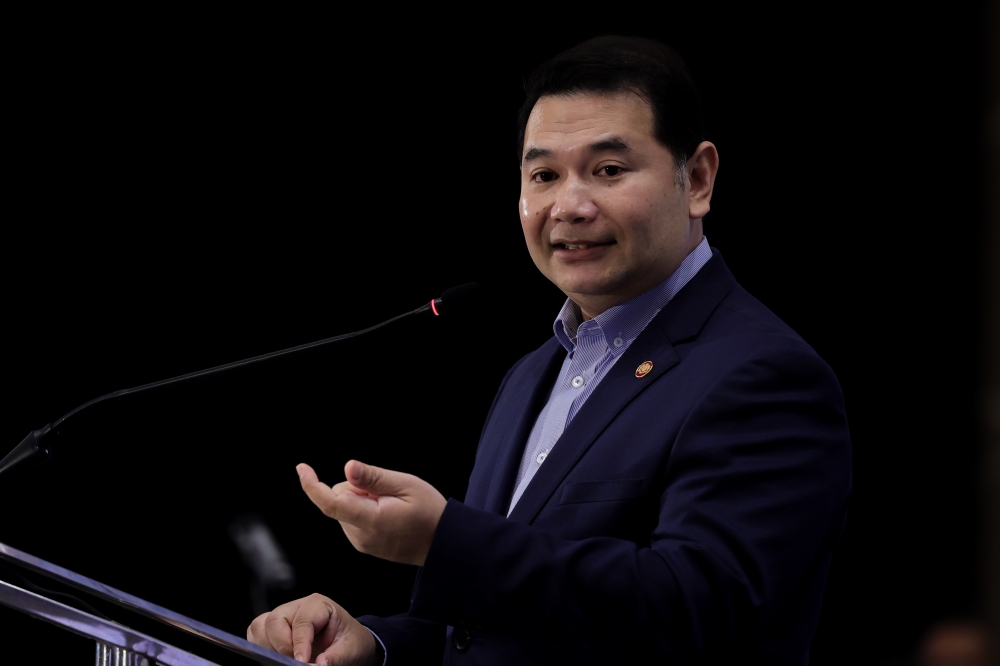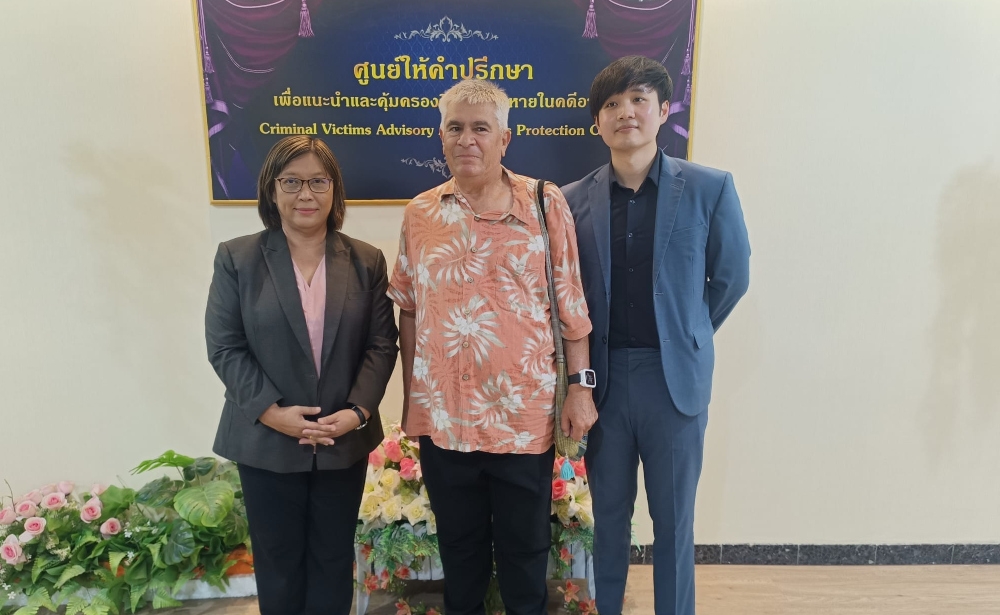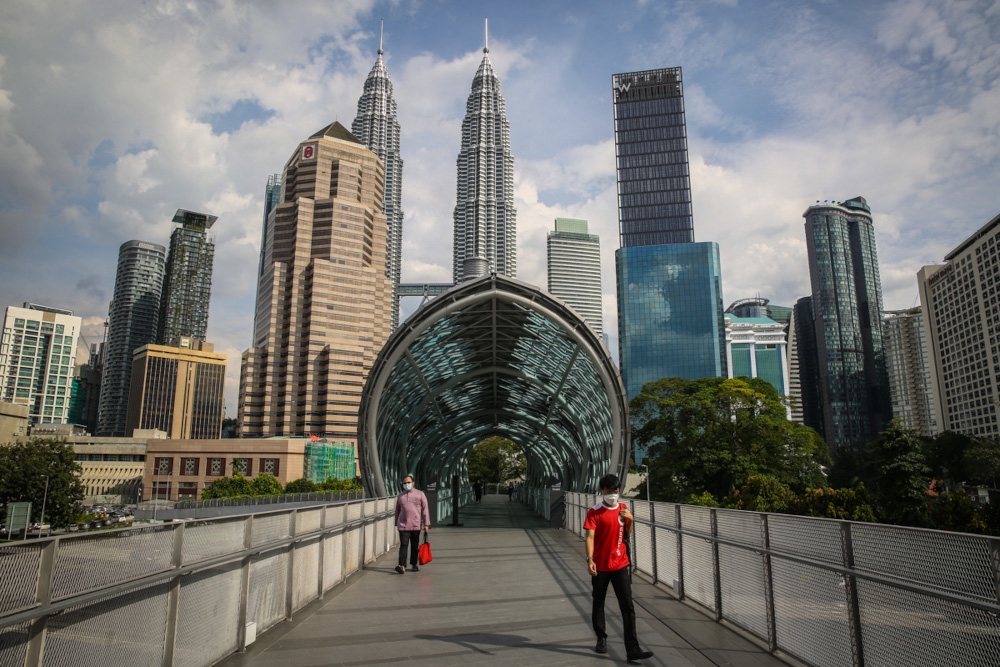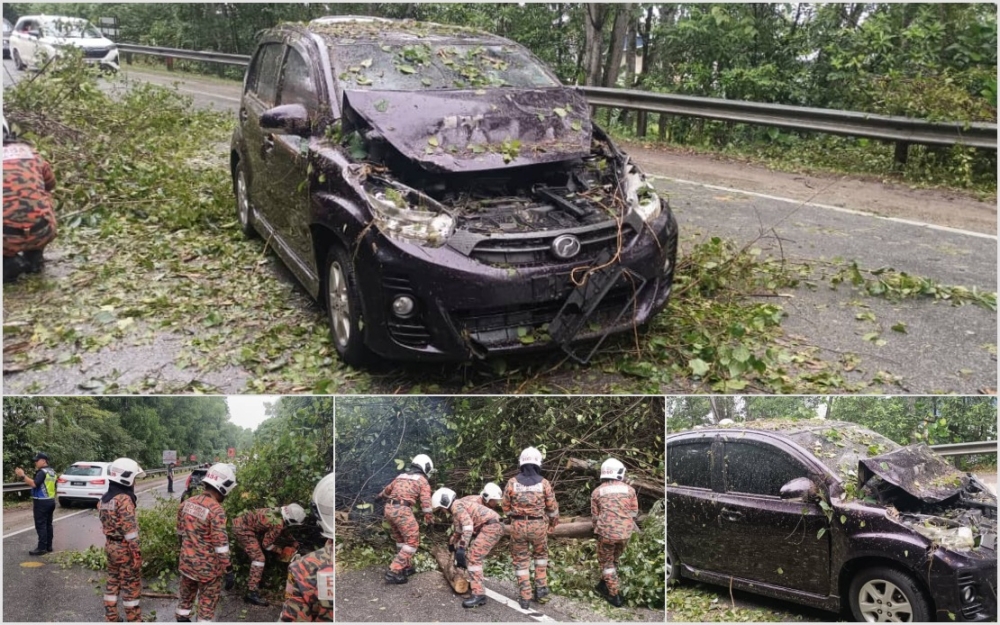APRIL 13 — The United States has hit pause — for now.
Instead of the full tariff hike, Malaysia faces a 10 per cent rate over the next 90 days.
On the surface, it sounds manageable. But we should not mistake this temporary relief for safety.
It’s not a reprieve — it’s a warning.
Malaysia relies heavily on imported medical equipment, diagnostics, and pharmaceuticals.
These are not luxuries, they are lifelines. And they’re almost always priced in foreign currencies.
Even a modest tariff, when coupled with a weakening ringgit, inflates costs across the entire system.
Public hospitals may delay upgrades. Private hospitals will face rising expenses without relief from static insurance limits.
In the end, it’s patients who will bear the weight — either through higher bills or reduced quality of care.
The pressure won’t stop there.
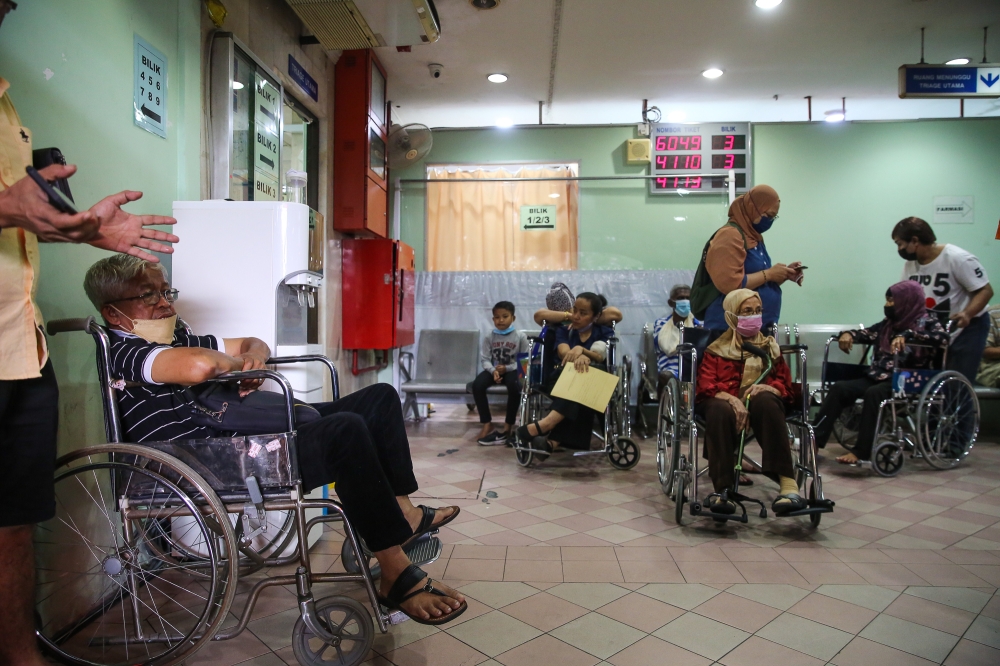
The US-China tariff war is escalating, with both sides imposing tariffs above 100 per cent.
As global trade fragments, countries like Malaysia — small, open, and externally reliant — will feel the ripple effects.
Investment will slow.
Expansion plans will be shelved. Outreach programmes quietly cut. In healthcare, decline doesn’t arrive with alarms — it creeps in silently, in the form of delay, deferral, and deterioration.
There’s another risk we must not ignore: product dumping.
As major markets close off, surplus goods flood into countries with weaker regulatory defences. In healthcare, a “cheaper” option isn’t just a financial compromise, it’s a safety risk.
We can’t afford to wait for the next shock. Now is the time to stabilise critical imports, build domestic production capacity, and reinforce our insurance frameworks.
Economic planning must begin to see healthcare not as an expenditure, but as a foundation of national resilience.
Because this isn’t just about trade. It’s about our ability to care, to protect, and to survive disruption without losing what matters most.
Healthcare must be treated as national infrastructure — not an afterthought.
* This is the personal opinion of the columnist.


